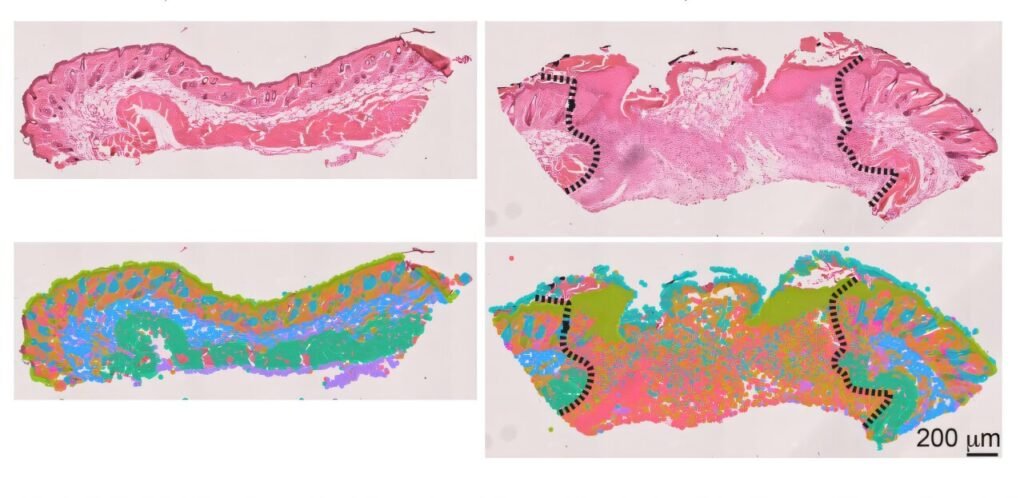The notion of extending life by eliminating old, inflammatory cells has long been a topic of interest in the field of anti-aging research. However, recent findings from the University of Connecticut have shed light on the complexity of aged, inflammatory cells, suggesting that not all of them are harmful. In a study published in the November 13 issue of Nature Aging, researchers confirmed that senescent cells, which are cells that no longer reproduce and produce inflammation, are diverse and can play important roles in the body.
Senescent cells have been linked to aging-related diseases such as diabetes, dementia, and cardiovascular disease. Previous studies have shown that removing these cells from animals, such as mice, can significantly increase their lifespan. However, new research from the UConn School of Medicine has revealed that senescent cells are not entirely detrimental. In fact, some senescent cells have been found to promote wound healing.
Gerontologist Ming Xu and his team at UConn conducted a study to differentiate between senescent cells that aid in wound healing and those that impede the process. They focused on two populations of senescent cells: one that expresses the gene p16 and another that expresses p21. While previous experiments have shown that purging either of these cell populations can extend the lifespan of mice, the role of p21 cells in wound healing was largely unknown.
Through their research, Xu and his team discovered that p21 cells actually accelerate wound healing in female mice by about 25%, although this effect was not observed in male mice. These cells were found to be primarily from connective tissue, skin, and the immune system, with a distinct pro-inflammatory profile different from p16 cells. This highlights the heterogeneity of senescent cells and their varied functions.
Moving forward, the researchers aim to further investigate the role of p21 cells in wound healing under conditions such as diabetes or aging. They also plan to develop new drugs that target specific senescent cells to treat specific conditions. By emphasizing the diversity of cellular senescence, Xu and his team hope to encourage further exploration into the roles of different senescent cell populations and their implications for various health conditions.
The study, titled “Clearance of p21 highly expressing senescent cells accelerates cutaneous wound healing,” was published in Nature Aging in 2024. For more information, you can access the full article through the DOI link provided. This research was conducted at the University of Connecticut and represents a significant contribution to the understanding of senescent cells and their impact on wound healing and aging.


